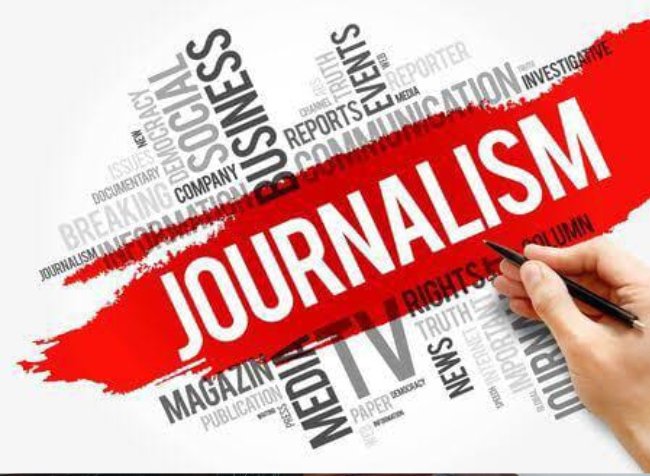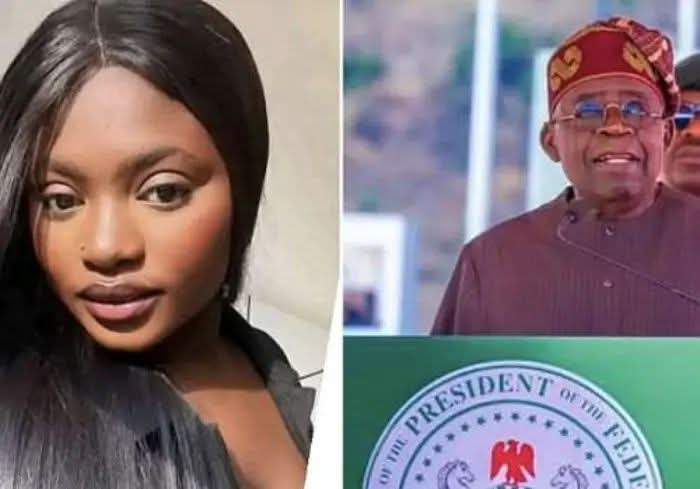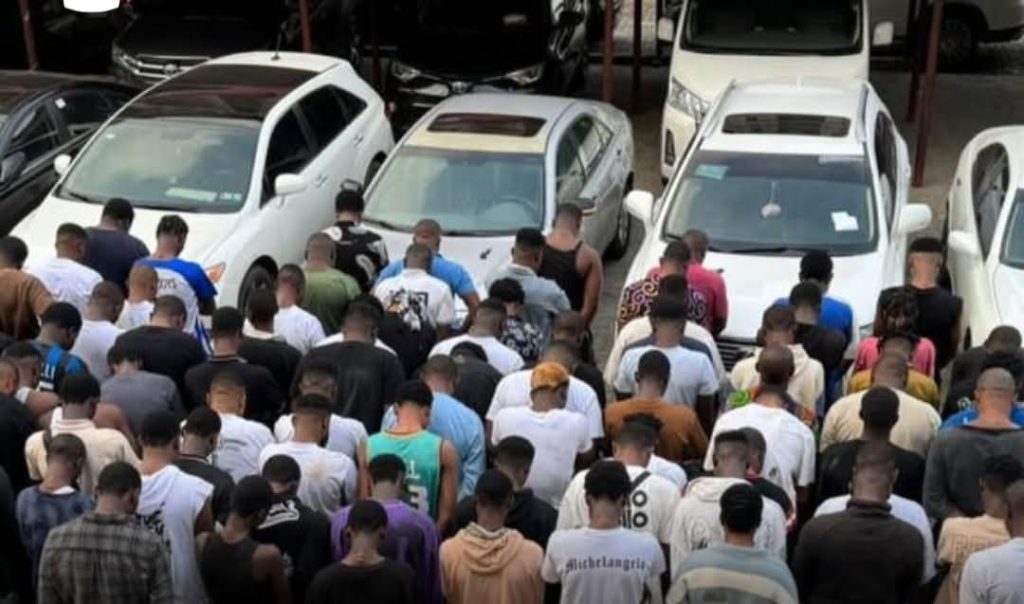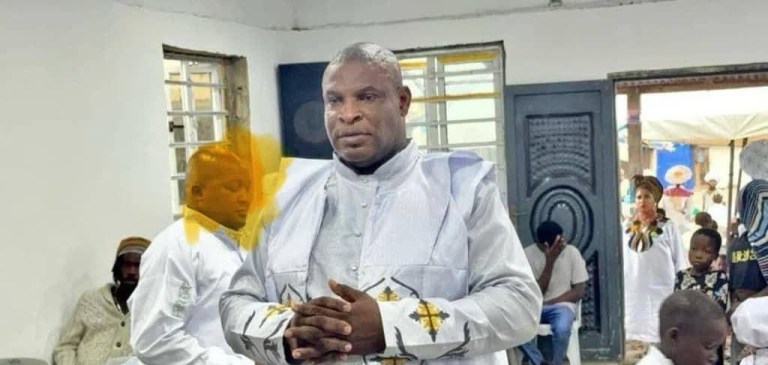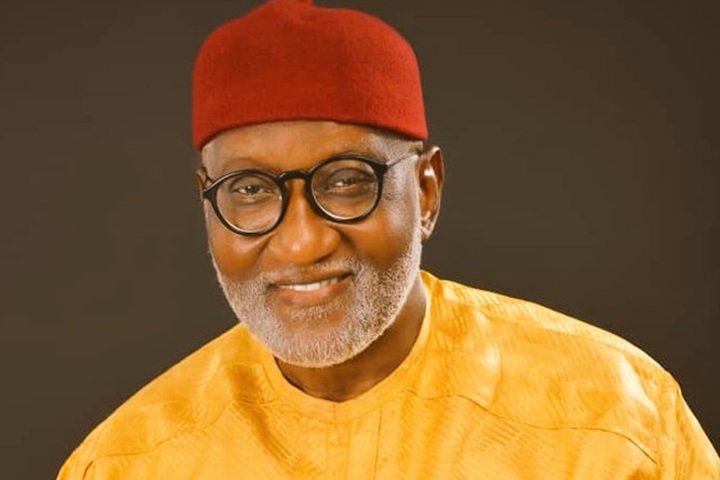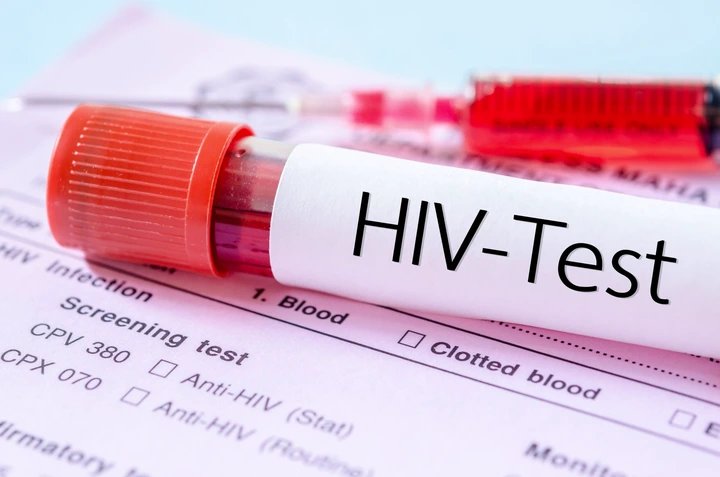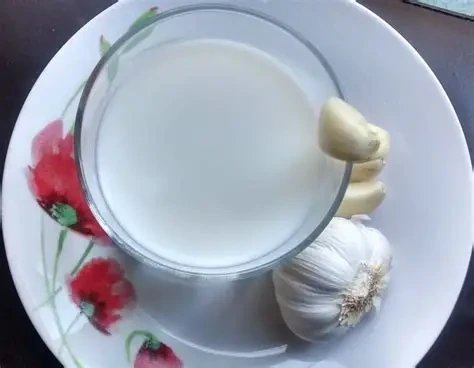Featured
Martial law: South Korea places foreign travel ban on more officials

Authorities of South Korea have again placed foreign travel ban on more officials, following the imposition of martial law.
The ban came after President Yoon Suk Yeol’s attempt to impose martial law, which lasted only for about six hours, on December 3.
As reported by the Diaspora Digital Media (DDM), Yoon was banned from embarking on any foreign journey on Monday.
On Tuesday, Yonhap news agency reported that South Korean authorities have imposed a travel ban on the Commissioner General of the Korean National Police Agency, Cho Ji-ho, and two other senior police officials.
Martial law commander, General Park An-su, and defense counterintelligence commander, Yeo In-hyung, are already under restriction within South Korea.
On a similar note, former defense minister, Kim Yong-hyun, was taken into custody on Sunday and prosecutors subsequently filed a formal arrest warrant against him.
Yong-hyun faces allegations of participating in critical duties during an insurrection and misusing authority to hinder citizens’ rights.
The People Power Party (PPP) is reportedly preparing to announce a “resignation roadmap” in an effort to avert an impeachment motion scheduled for discussion among lawmakers on Saturday.
Reportedly, the party’s task force is considering two alternatives, either President Yoon’s resignation in February with an April election or his step-down in March with a May vote.
Why did Yoon Suk Yeol declare martial law?
DW News reported that the president’s reason for declaring martial law is to prevent the country from what he called Communist forces.
Yoon Suk Yeol while addressing the nation stated: “I declare martial law to protect the free public of Korea from the threat of North Korea Communist forces.”
“Also, it is to eradicate the Despicable pro-north Korean anti-state forces that are plundering the freedom and happiness of our people and to protect the free constitutional order.”
Martial law in South Korea
Martial law is a temporary and extreme measure that allows a country’s military to take control of the government and civil authorities in times of crisis or war.
In South Korea, the president has the authority to declare martial law in “wartime, war-like situations or other comparable national emergency states,” as stated in the country’s constitution.
When martial law is imposed, it can suspend civil rights such as freedom of the press, assembly, and temporarily limit the powers of the courts and government agencies.
However, the National Assembly has the power to lift the declaration with a majority vote.
In South Korea’s recent history, President Yoon Suk Yeol declared martial law, only to be met with swift opposition from lawmakers, who voted 190-0 to nullify the declaration.
The impeachment motion alleged that Yoon imposed martial law beyond his legitimate powers and in a situation that didn’t meet the constitutional standard of a severe crisis.
Martial law has a dark history in South Korea, dating back to the dictatorships that emerged after the Korean War.
Leaders like Army Gen. Park Chung-hee and Maj. Gen. Chun Doo-hwan used martial law to suppress anti-government demonstrations, and jail critics.
It is also used to orchestrate brutal military crackdowns on pro-democracy uprisings.
Will Yoon be impeached?
According to a report, the National Assembly is considering impeachment proceedings against President Yoon Suk Yeol.
He was accused of violating the constitution and abusing his power
President Yoon’s declaration of martial law has been condemned by opposition parties.
They called it an “unlawful power grab” and “violation of democratic principles.
The declaration of martial law has triggered mass protests, with thousands demonstrating in Seoul and industrial action taken by autoworkers.
However, the opposition’s success relies on securing backing from members of Yoon’s conservative People Power Party, which dominates 192 seats in the 300-member National Assembly.
The opposition’s impeachment motion gained momentum after Han Dong-hun, leader of the Conservative People Power Party, urged Yoon’s immediate suspension.
He cited intelligence that Yoon ordered the arrest of key politicians on “anti-state activities” charges.
If impeached, Yoon would be suspended until the Constitutional Court decides whether to remove him from office.
Prime Minister Han Duck-soo would assume presidential responsibilities.
However, the Constitutional Court currently has three vacancies, requiring six votes to remove the president, which may complicate the process.
The Democratic Party aims to swiftly recommend new justices to fill vacancies, with the objective of removing President Yoon.
Following Yoon’s declaration of martial law, the National Assembly swiftly responded with a unanimous 190-0 vote to repeal the measure.
Yoon’s action has been regarded as a clear violation of the constitution.
The opposition has strongly criticized Yoon’s actions as undemocratic.
Also, a significant number of his own party members have voiced opposition to his decision.
Many experts argue that the current situation in South Korea does not justify the declaration of the law.
For Diaspora Digital Media Updates click on Whatsapp, or Telegram. For eyewitness accounts/ reports/ articles, write to: citizenreports@diasporadigitalmedia.com. Follow us on X (Fomerly Twitter) or Facebook



